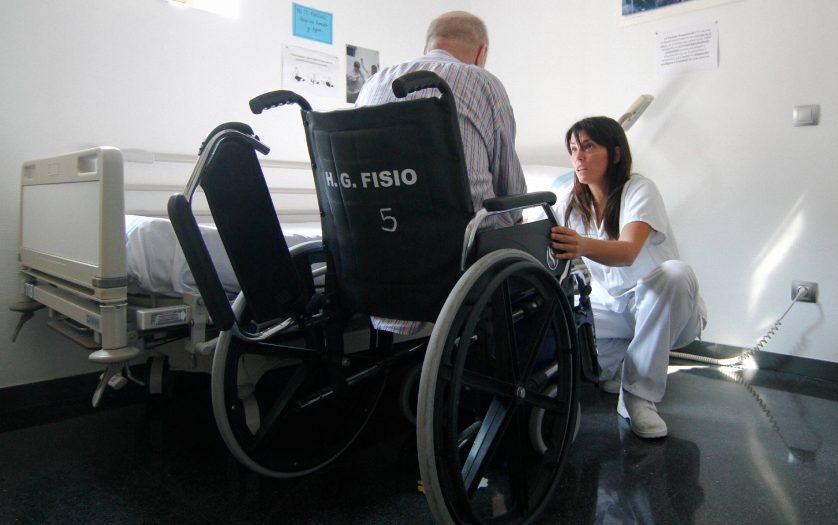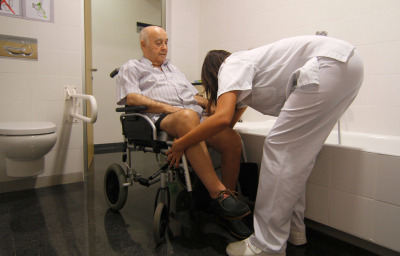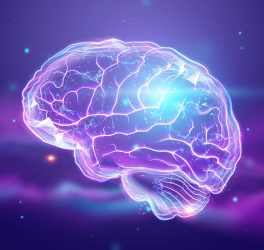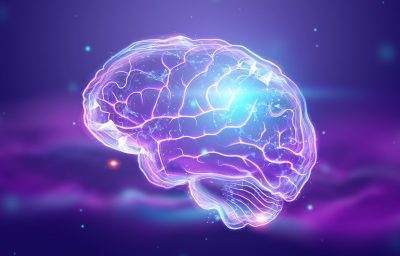
Despite being 1,500 kilometres from home, Jemma Twidle couldn’t have been in a better place when her stroke struck. The 25-year-old from Karratha had made the trip to Perth for her brother-in-law’s wedding in October 2022.
“I had organised for someone to come to our accommodation to do my hair and makeup. Suddenly I had double vision, felt lightheaded and noticed tingling in my left arm and leg,” Jemma said.
“I got up to get a drink of water hoping it would make the ‘feeling’ pass, but when I got there I couldn’t stand anymore, I sat in the chair and slumped to the side, I had no strength and couldn’t do anything about it.”
Stroke Foundation uses the acronym F.A.S.T. (Face, Arms, Speech and Time) to help people remember the three common signs of stroke, facial droop, arms not working, and slurred speech, and the call to action – there is no Time to waste in calling an ambulance.
Jemma was experiencing the tell-tale F.A.S.T signs of stroke. She describes it as a sliding doors moment.
“I had been facing the wall while I got my hair done. No one would have been able to see that my face had drooped, but my partner Regen happened to enter the room right as I slumped into the chair,” she said.
“Regen called the ambulance and asked me to say ‘the early bird catches the worm’ but my words were slurred. The paramedics knew immediately I’d had a stroke.”
Jemma was taken to Sir Charles Gardener Hospital where she stayed for the next eight days.
“I was lucky enough to get an MRI the same day and had a really good experience at hospital. I know how lucky I am to have been in Perth at the time of my stroke,” she said.
“Thankfully Regen was still able to be the best man in his brother’s wedding, and my mum was able to fly in from Karratha that night. It haunts my family to think what would have happened if I’d had the stroke at home, or when no one else was around.”
Jemma and Regan credit their knowledge of stroke and the F.A.S.T message to the regular workplace first aid training they receive.
“He couldn’t remember what each of the letters stood for, but he knew he needed to get me help immediately. He didn’t hesitate and he saved my life.”
Just seven weeks to the day after her stroke, she competed in a local triathlon.
Jemma is among the 44,000 stroke survivors living in Western Australia. While stroke is often thought to be a disease which impacts the elderly, 24 per cent of strokes impact working aged Australians.
Stroke is one of Australia’s biggest killers and a leading cause of disability, but more than 80% of strokes can be prevented.
The advice from the Stroke Foundation is to learn the F.A.S.T acronym.
- FACE – has their mouth drooped?
- ARMS – Can they lift both arms?
- SPEECH – Is their speech slurred?
- TIME is critical. If any of these signs appears, call 000 immediately.
For more information about Stroke Foundation, visit the website.








